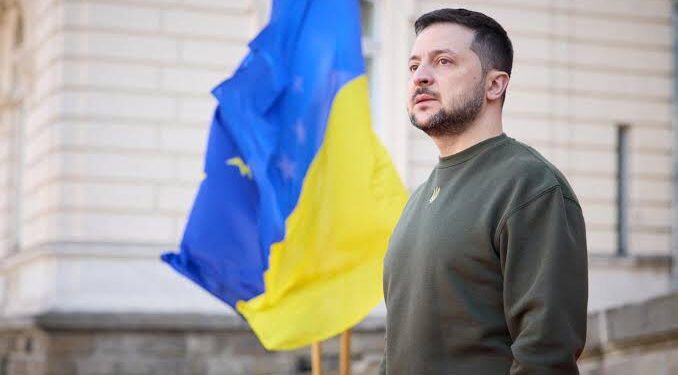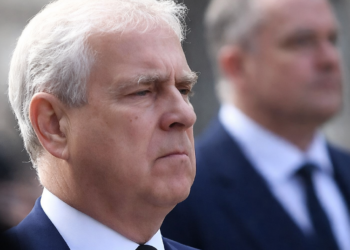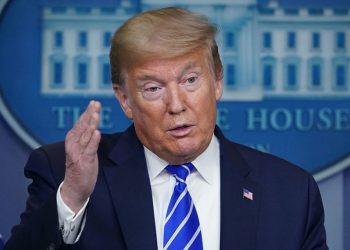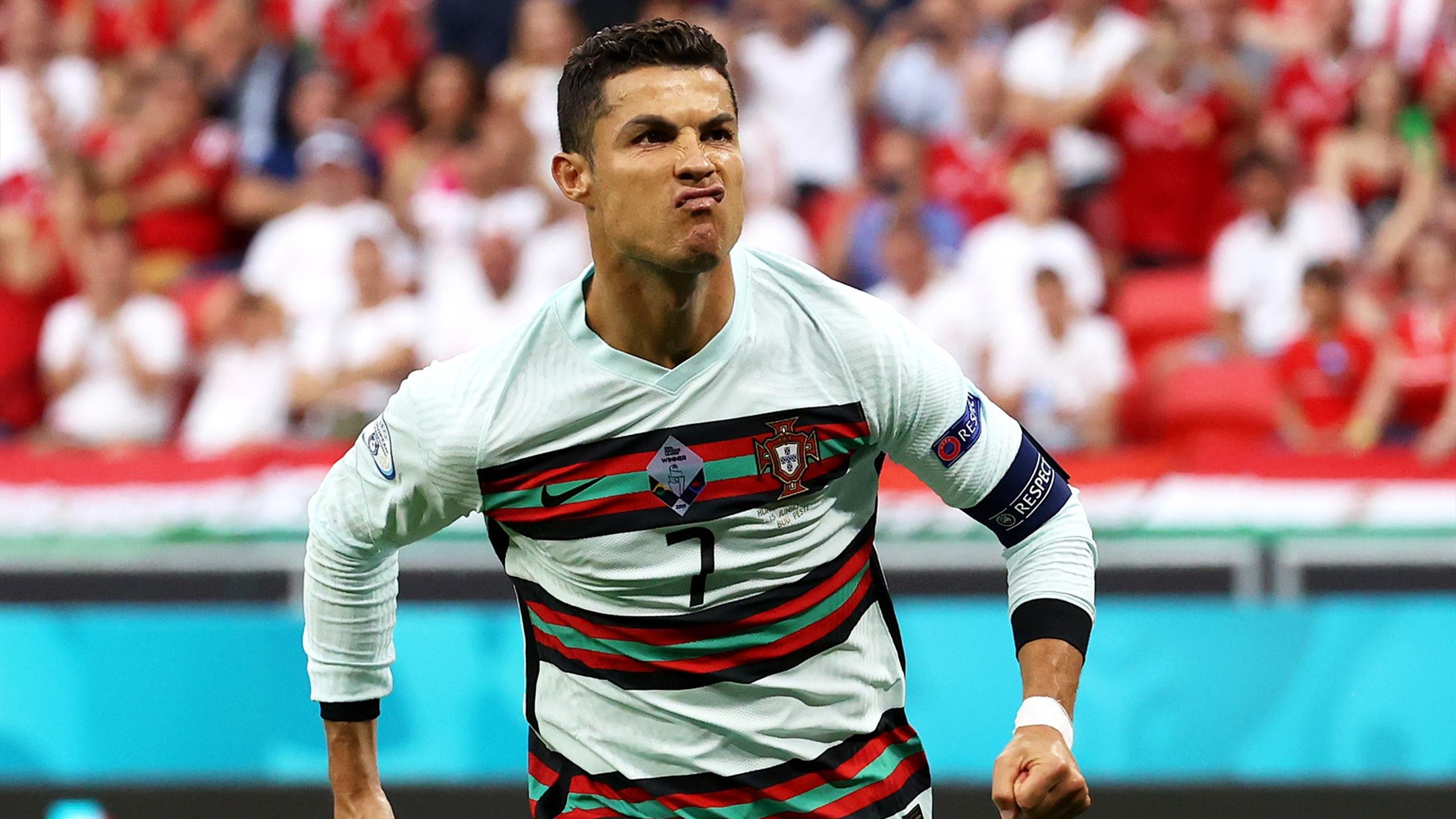Ukrainian President Volodymyr Zelenskiy is to meet with European and NATO leaders in Brussels on Wednesday. The meeting, involving leaders from Britain, France, Germany, Italy, Poland, NATO, and the EU hints at the precarious state of international support for Ukraine especially with shifting geopolitical dynamics highlighting the uncertainties surrounding the long-term commitment of Ukrainian allies.
Context: An Evolving Global Landscape
The timing of this meeting is significant. European nations are grappling with the potential recalibration of U.S. foreign policy towards Ukraine, should Donald Trump return to the White House in January. The United States has been Ukraine’s largest source of military and financial support, and a policy shift could leave European nations bearing a disproportionate share of the burden. However, Europe’s capacity to fill this potential void remains questionable, raising concerns about the durability of Western support for Ukraine.
A Vague Agenda
The agenda for the Brussels meeting appears underwhelming, with no expectation of concrete decisions. According to sources, the discussions will be “political” in nature, focusing on the “coming weeks and months.” This vagueness signals a troubling lack of urgency and strategic direction among Ukraine’s European allies. While such high-level meetings are valuable for coordination, the absence of actionable outcomes raises doubts about the efficacy of these gatherings in addressing Ukraine’s pressing needs.
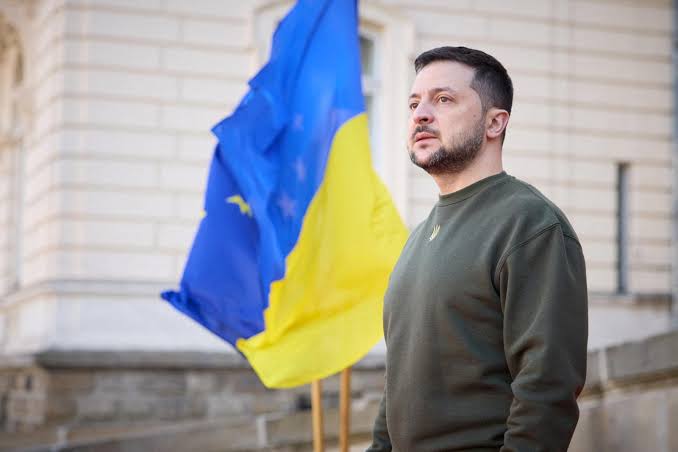
Calls for European Troop Deployment
Zelenskiy’s advocacy for European troop deployment as a deterrent to Russian aggression reflects Kyiv’s growing desperation to secure stronger commitments from its allies. However, this proposal is fraught with challenges. Deploying European troops would be a highly provocative move, risking escalation with Russia and potentially dividing European nations further. Many EU states remain hesitant to escalate their involvement, fearing the domestic and international repercussions of direct military engagement.
Overlapping Agendas and Symbolism
The fact that this meeting coincides with the EU-Western Balkans summit could dilute its impact. While it allows for bilateral discussions with Zelenskiy, the overlapping agendas risk turning this critical dialogue into a symbolic gesture rather than a substantive policy-shaping event. Moreover, the meeting’s reliance on NATO Secretary-General Mark Rutte as host emphasizes the fragmented nature of European leadership in addressing the crisis.
Conclusion: A Critical Moment for Ukraine and Its Allies
Zelenskiy’s Brussels meeting serves as a stark reminder of the fragility of Ukraine’s international support network. As Europe faces potential policy shifts in the United States and continues to struggle with its own internal divisions, the lack of decisive action at this meeting could embolden Russian aggression. The West must move beyond symbolic gestures and vague political discussions to develop a coherent, long-term strategy for supporting Ukraine. Without it, both Ukraine and the broader European security architecture face an uncertain and potentially destabilizing future.

